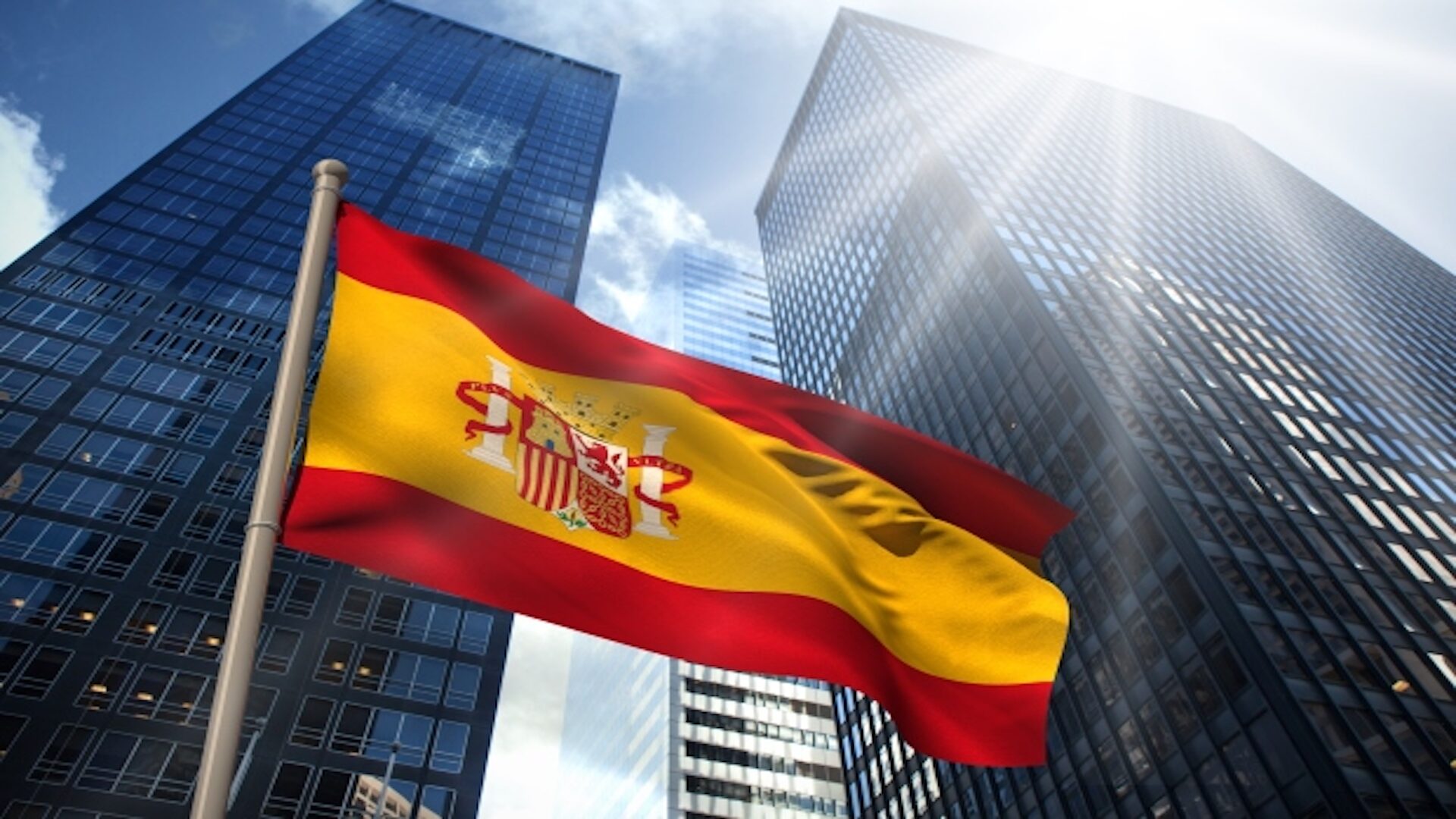 Over the past decades, Spain has developed into an International business and trade hub and thanks to its well-connected position more and more companies from across the world are expanding into the Iberian Peninsula. Starting a new business or opening a branch in Spain might therefore be something to consider for you.
Over the past decades, Spain has developed into an International business and trade hub and thanks to its well-connected position more and more companies from across the world are expanding into the Iberian Peninsula. Starting a new business or opening a branch in Spain might therefore be something to consider for you.
This article provides the prior formalities required for setting up a business in Spain and, in general, the various steps for incorporation. The formalities, however, may vary depending on the legal form chosen, which will require considering several aspects such as the number of partners, the capital and the liability vis-à-vis third parties.
What do you need to know before starting a business in Spain?
The process of setting up a company in Spain can be complex if you are not aware of all the obligations and steps to follow. To help you get started, we will try to cover everything you need to know about all the key legal aspects for foreign investors interested in incorporating a business in Spain.
Obtaining a Foreigners’ Identity Number (NIE) for foreign directors and partners
 Citizens from EU countries who want to be directors or partners of a Spanish company must have a foreigner identity number (NIE), which can be requested either by prior appointment at the Spanish Consulate in the country of residence of the interested party, or in Spain, in person or through a representative with notarial powers.
Citizens from EU countries who want to be directors or partners of a Spanish company must have a foreigner identity number (NIE), which can be requested either by prior appointment at the Spanish Consulate in the country of residence of the interested party, or in Spain, in person or through a representative with notarial powers.
The NIE does not grant the right to residency in Spain nor does it involve tax residency.
Non-EU citizens have to comply with additional requirements.
Obtaining a Spanish tax number (NIF) for companies wanting to create a subsidiary in Spain
To create a subsidiary in Spain, the parent company that will own a stake in the new company has to firstly obtain a Spanish tax number (NIF).
For such purposes, the parent company must provide the Spanish tax administration with the following documentation:
- A power of attorney granted to a third party so that the latter can request the NIF. That power of attorney can be signed both in Spain and abroad.
- The company’s good standing certificate obtained at the Business Register that must state its governing body, corporate name, incorporation date and registered office.
- The company’s bylaws. Nevertheless, if the company is administered by a sole director or managing director, this document is not required.
All those documents must be translated and apostilled.
Once the formalities prior to incorporating a company are met, the company can be incorporated. The 7 steps required are detailed below.
Likewise, depending on the company’s activity and registered office’s region, some additional formalities may be required.
7 steps required to create a company in Spain
- Obtaining the clearance certificate for the corporate name. From a legal standpoint, the first step when incorporating a company in Spain is to check the Central Business Register to see if the corporate name chosen is available. Our recommendation is to provide 5 corporate names in order of preference when applying. The Register will grant one of the corporate names requested, unless none of them are sufficiently different to the corporate names already registered in Spain.
- Capital and legal form. The company’s capital will depend on the legal form chosen. For example, the minimum capital required for incorporating a limited company (S.L. or sociedad limitada) is €3,000, and €60,000 for a stock corporation (S.A. or sociedad anónima).
- Opening a bank account. Once the corporate name is reserved, a bank account needs to be opened in the name of the company being incorporated and the sum of money corresponding to the legal form chosen must be deposited to obtain a bank certificate stating the capital deposited. Nevertheless, the certificate does not have to be included in the company’s incorporation deed (required by law until such time), provided that this requirement is replaced with an express statement from the founding partners that they will be jointly and severally liable for the actual contributions vis-à-vis the company itself and vis-à-vis its creditors.
- Drafting the bylaws. The bylaws must be drafted by taking into account the partners’ needs and concerns. The bylaws must include, inter alia, the company’s registered office, governing body, corporate purpose and the governing body’s remuneration. Our recommendation is to avoid using the standard forms.
- Designating the directors. Depending on the company’s administrative structure, a sole director, various directors acting in a joint and several way or in a joint way, or a board of directors can be chosen. Foreign investors will also need to appoint a representative resident in Spain.
- Signing the incorporation deed before a notary. The company’s incorporation documents must be signed before a notary by all the partners, both Spanish and foreign (or, where applicable, their representatives). Once the incorporation deed signed before a notary is received, the provisional tax number (NIF) can be obtained. If one of the partners is a foreign legal person, proof of its existence must be provided.
- Filing at the Business Register and obtaining the final tax number (NIF). Once the provisional tax number is obtained, the company must be filed at the Business Register and the final tax number can be requested subsequently.
Taxes to take into account when starting a business in Spain
From a tax standpoint, Spain has a favourable tax system for investments, for example:
- Exemption of dividends and capital gains for foreigners.
- Special systems for ETVE (companies holding foreign securities).
- Benefits for research and development.
- Depending on the case, a good tax treatment for natural persons.
- Double taxation treaties with numerous countries and, in particular, with practically all the South American countries.
- Spain’s EU membership not only unifies the regulations for the 27 Member States but also prevents double taxation in all the associated countries.
For more info please see here

